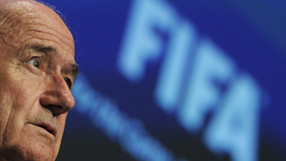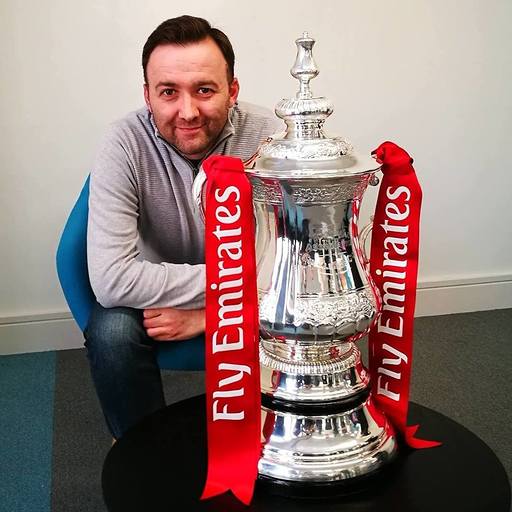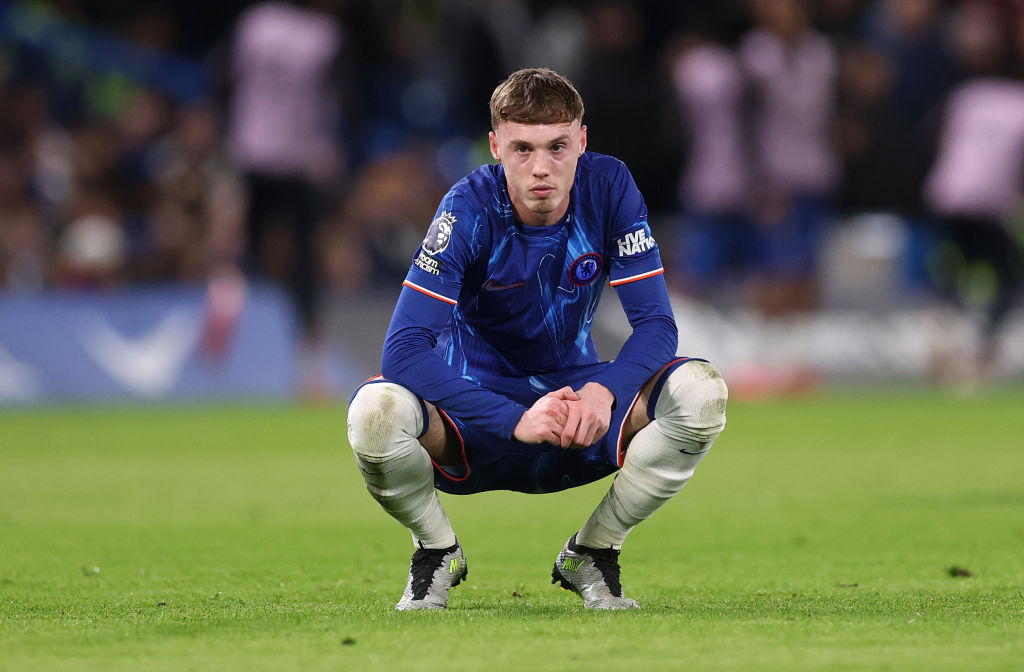FIFA set to make World Cup decision
ZURICH - FIFA bosses went into secret session on Thursday to make the most far-reaching decision in sport by choosing the host nations for the 2018 and 2022 World Cup finals.

The 22 men on FIFA's executive committee heard half-hour presentations from each of the four competing European bids for 2018 in a contest which observers say is too close to call.
GEAR:Up to £10 off your country's kits with Kitbag. Free delivery on orders over £50
The announcement of the winning bid was due to be made by FIFA president Sepp Blatter at Zurich's Messezentrum some time after 1500 GMT. He will also announce the winner of the five competing bids for the 2022 finals, who made their presentations on Wednesday.
England and Russia and two joint bids from Netherlands/Belgium and Spain/Portugal are contesting the 2018 decision while five - Australia, Japan, Qatar, South Korea and the U.S. - are competing for the hosting rights in 2022.
England and Russia, seen as two of the favourites for 2018, both took late knocks to their campaigns.
A serious outbreak of football violence at a cup match in Birmingham on Wednesday brought back memories of the hooliganism which plagued the English game in the 1980s. One of England's main pitches had been that this kind of violence had been removed from the sport.
Russia also suffered a blow when Prime Minister Vladimir Putin announced he would not go to Zurich to appear with his bid team because of what he called "unfair competition", an apparent reference to allegations in the British media of corruption by some FIFA executive committee members.
Get FourFourTwo Newsletter
The best features, fun and footballing quizzes, straight to your inbox every week.
The four bid teams for the 2018 World Cup took sharply contrasting approaches in their last-minute appeals to FIFA to hand them one of the biggest prizes in world sport.
England used its final presentation to promise FIFA a commercially successful 2018 World Cup through an initiative that would match FIFA's current spending on football development.
The money from the England United project would be spent on developing the grass roots game around the world and leave a global legacy, bid leaders including Prime Minister David Cameron said when they addressed FIFA's executive committee members ahead of the vote.
Russia presented itself as a huge nation which had never before staged the World Cup, contrasting it with western Europe where all the major nations have staged the event.
Alexei Sorokin, the Russian bid's CEO, began by quoting Winston Churchill's famous description of Russia as "a riddle wrapped in a mystery inside an enigma."
He said: "We can understand this perception that foreigners have but it's a Russia... that no longer exists."
FOOTBALLGREATS
The Netherlands/Belgium campaign team, seen as outsiders, put together an innovative presentation packed with football greats from their two countries.
Video trickery had Johan Cruyff, Ruud Gullit and Jean-Marie Pfaff appearing to play in the same team and another stunt made it seem that Cruyff, in a 1970s interview, could tell the future by predicting that the Netherlands would become European champions in 1988, as they did, and that the World Cup would come to Belgium and the Netherlands in 2018.
Spain/Portugal took a different approach filled with speeches from political and bid leaders aiming to convince FIFA that, despite current economic woes, the Iberian nations were solid and capable of meeting every infrastructure need. The presentation was more about motorways, stadiums and airports than about footballers.
It ended with an emotional and pointed appeal by Ibe
Gregg Davies is the Chief Sub Editor of FourFourTwo magazine, joining the team in January 2008 and spending seven years working on the website. He supports non-league behemoths Hereford and commentates on Bulls matches for Radio Hereford FC. His passions include chocolate hobnobs and attempting to shoehorn Ronnie Radford into any office conversation.

